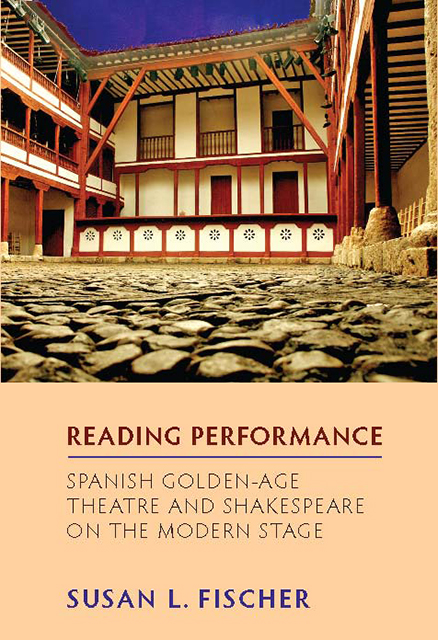7 - Tirso and the restaging of eschatology El burlador de Sevilla y convidado de piedra (The Trickster of Seville and the Stone Guest)
Published online by Cambridge University Press: 28 February 2023
Summary
A bipartite title, two surviving defective versions (one attributed to Tirso and another denominated Tan largo me lo fiáis), Spain's prototypical Don Juan play has been a heyday for translators and directors who feel they have had “ample justification for taking textual liberties” (Dear 4) with the original text(s). Let us cite, by way of example, Nick Dear's free adaptation of the play that bears the title, The Last Days of Don Juan. Written for Danny Boyle's production of 1990 with the Royal Shakespeare Company, it is a version in which Catalinón undergoes a sex change and becomes Don Juan’s besotted cook Catalina, only to dress as a man and demonstrate a kind of female complicity in traveling around with her master. The response of the average (British) theatregoer notwithstanding, not every “competent” reader of the Don Juan Tenorio legend in performance found that explicit manipulation of the protypical Spanish creation offputting. David Whitton, in fact, remarks in his monograph on Molière's Don Juan in production that the RSC's staging was successful in making Tirso's “cautionary tale, despite its pious intentions” seem a “much more exciting play than it sounds” (1). Hispanist Paul Julian Smith, though, was not so sanguine in his review of Boyle's mise-en-scène, asserting that its largely farcical register rendered Tirso's “somber conclusion anticlimactic, even inexplicable.”
However presumptuous – and therefore unpardonable – Dear's sin of textual tampering, we shall be a mite self-serving here in respect of our own focus on eschatology and grant him a translator's reprieve, insofar as he considers the theological and moral elements of the work to be sacrosanct:
It is a very religious play, written by a monk, and designed to demonstrate that Christians cannot count on the last-minute reprieve which confession may seem to offer. It states that there is a point at which God's mercy turns to justice. You have to go with this, for I suspect that to undermine the theological elements of the story – a sense of beliefs which I do not share – would be to belittle its dramatic power. It is based on the notion that hell exists, and if you’re a bastard, you’ll go there. No room for debate. (4)
The popularity of the story persists, Dear maintains, because it “suggests retribution for the wicked, against odds.
- Type
- Chapter
- Information
- Publisher: Boydell & BrewerPrint publication year: 2009

